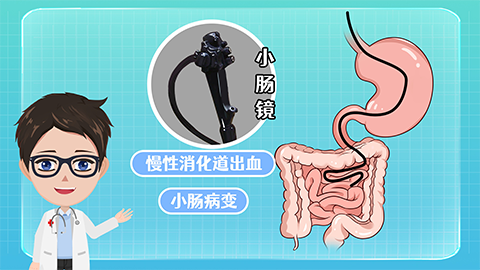How many times do you need to take laxatives for a colonoscopy?
Generally, colonoscopy refers to a colonic examination. The number of times laxatives need to be taken before a colonoscopy mainly depends on individual circumstances. If an individual has a healthy gastrointestinal tract, the laxatives usually work quickly, and taking them 2 to 3 times is sufficient. However, if there are gastrointestinal issues such as constipation, 4 to 6 doses of laxatives may be required. A detailed explanation is as follows:

For individuals with healthy gastrointestinal tracts, laxatives usually take effect quickly, and bowel cleansing is relatively easier. In such cases, only 2 to 3 doses of laxatives may be needed to complete bowel preparation. These laxatives typically include polyethylene glycol electrolyte powder, which should be taken in divided doses within the prescribed time. After taking the laxatives, patients need to monitor their stool condition to ensure the bowel has been adequately cleansed. If the stool becomes clear and watery, it indicates sufficient bowel preparation for the colonoscopy.
For patients with gastrointestinal problems such as constipation, bowel cleansing may be more challenging. In such cases, patients may need to increase the number of laxative doses to ensure adequate bowel preparation. Patients might require 4 to 6 doses of laxatives to achieve the desired level of bowel cleanliness.
Prior to colonoscopy, it is recommended to make additional dietary adjustments, such as reducing the intake of hard-to-digest foods high in fiber, fat, and protein, to facilitate bowel cleansing.







